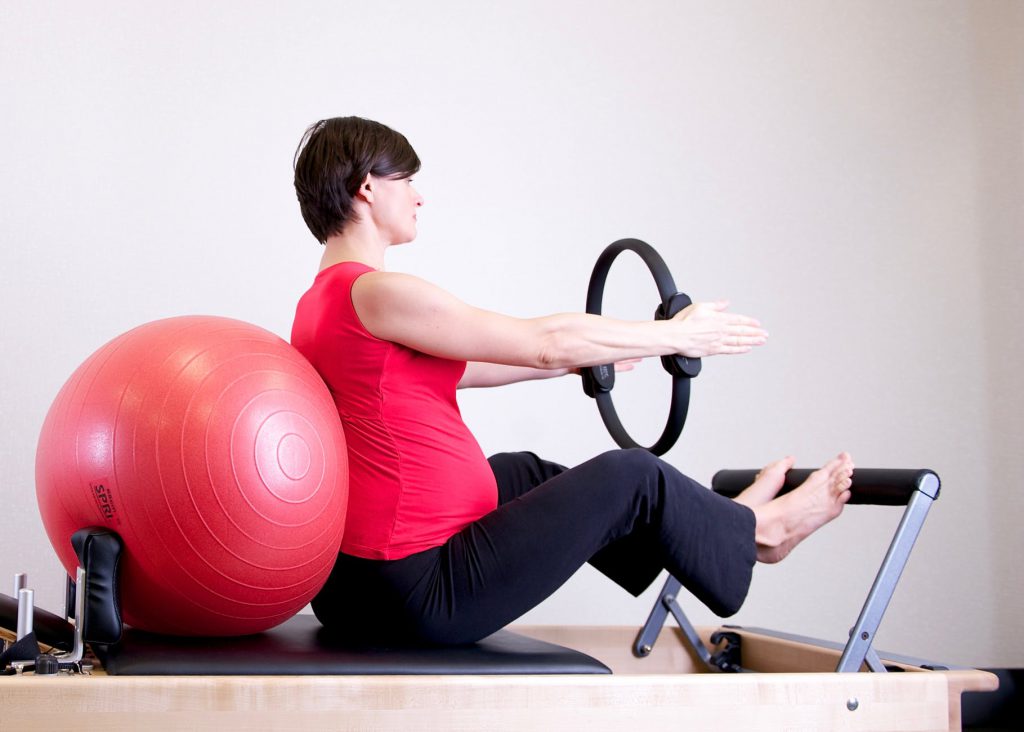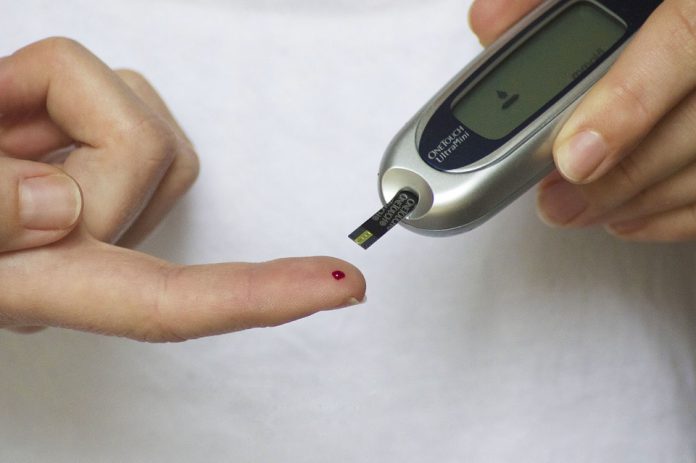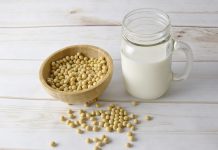Recent statistics suggest that one out of every nine women (around 15 million women) may struggle with diabetes.
Diabetes brings with it necessary lifestyle changes and in this way it can have much the same impact as menopause. When diabetes and menopause intersect, more lifestyle changes may be needed to manage symptoms related to the presence of both together in your life.
How to Manage Your Diabetes During Your Menopausal Years?
“Diabetes Symptoms to be on the lookout for include increased vaginal infections (yeast, UTI), weight gain, blood sugar management challenges, problems with sleep and intimacy issues.”

It can be hard to pinpoint when you have entered perimenopause, the time period before your period ceases for 12 consecutive months.
However, there are some symptoms you can watch for that may indicate you have entered this period. These symptoms can increase if you have already been diagnosed with diabetes.
Symptoms to be on the lookout for include increased vaginal infections (yeast, UTI), weight gain, blood sugar management challenges, problems with sleep and intimacy issues.
Top 8 Natural Remedies
“Be sure you take in sufficient vitamins and minerals.”
These are the top 8 diabetes and menopause natural remedies.
1. Test your blood glucose levels more frequently.
Because perimenopause can introduce blood sugar imbalance related to hormone fluctuations, it can be hard to tell at first what is causing these fluctuations.
Testing more frequently may be necessary to guard against dangerous fluctuations during perimenopause.
2. Commit to weight management.

Research suggests that obesity and overweight issues can exacerbate both diabetes and menopausal symptoms. As well, declining hormone production can cause undesired weight gain.
By committing to weight management efforts through diet adjustment and exercise, you guard against making either health issue worse.
3. Check in with your diabetes doctor regularly.
The onset of perimenopause and the ensuing blood sugar changes may require adjustments to your diabetes medications to keep you healthy and safe.
4. Be aware early perimenopause is linked to diabetes onset.
If you have not yet been diagnosed with diabetes and you have entered perimenopause early (at or before age 40), you may have a higher risk of developing diabetes.
Since symptoms of each are similar, keeping a symptoms log can help you identify if symptoms start to worsen so you can talk with your doctor.
5. Consider hormone therapy.
While hormone replacement therapy (HRT) is not for everyone, in cases where both diabetes and menopause are present, research shows that estrogen supplementation in particular may reduce the risk of blood sugar fluctuations that can in turn lead to serious illness or dementia.
6. Make some lifestyle modifications.
Avoiding alcohol, caffeine, salt and spicy foods have been linked to improved management of diabetes symptoms during perimenopause and postmenopause.
7. Add natural sources of estrogen to your diet.
Phyto-estrogens, or plant-based sources of the hormone estrogen, may help to ease symptoms and keep your blood sugar balanced in natural ways.
Fruits, nuts, flax seeds, tofu and other soybean products and some fruits and vegetables may be helpful to add natural estrogen back to your diet.
8. Be sure you take in sufficient vitamins and minerals.
Ensuring you get adequate daily intake of all required or recommended vitamins and minerals for your age and life stage can also guard against health risks that come from both sides, such as weak bones, fractures and osteoporosis.
Can You Reverse Diabetes During Your Menopausal Years?
“While there is no guarantee that adopting healthier daily routines can reverse diabetes, there is every indication that it may reduce troublesome symptoms across the board.”

There are two types of diabetes: Type I and Type II. Type I is known to be hereditary and no treatment currently exists to reverse Type I, although treatments are continually being developed that may change this.
Type II, however, is potentially reversible under certain conditions.
Hormonal declines during the menopausal years tends to make diabetes reversal harder rather than easier. In some cases, menopausal hormone fluctuations may even trigger development of Type II.
Trying any or all of these diabetes and menopause natural remedies has the potential to improve your health, reduce symptoms and increase overall quality of life. While there is no guarantee that adopting healthier daily routines can reverse diabetes, there is every indication that it may reduce troublesome symptoms across the board.
As such, it is always worthwhile to add any helpful natural remedies to your daily schedule.
Sources and References:
https://www.womenshealth.gov/a-z-topics/diabetes
https://www.mayoclinic.org/diseases-conditions/diabetes/in-depth/diabetes/art-20044312
https://www.womenshealthmatters.ca/health-centres/diabetes/diabetes-and-menopause/
https://www.nydailynews.com/life-style/woman-menopause-diabetes-article-1.2894758
https://theplaidjournal.com/index.php/CoM/article/view/83/77
https://www.healthline.com/nutrition/menopause-diet#foods-to-eat
https://www.diabetesselfmanagement.com/managing-diabetes/womens-health/menopause/





















